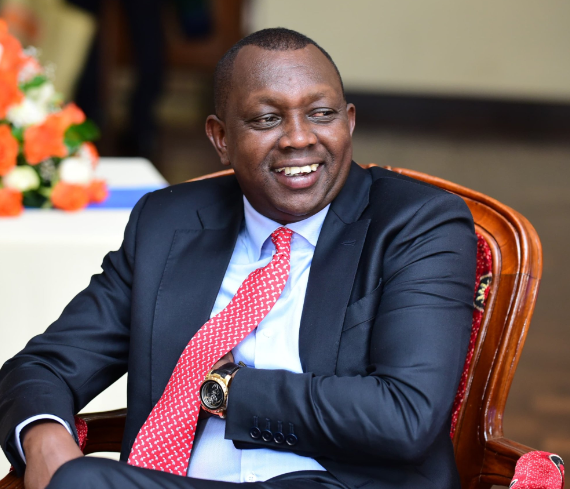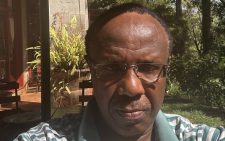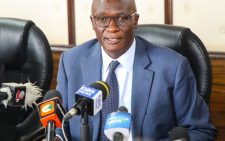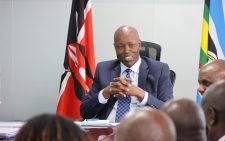Covid-19 has demonstrated universality of science
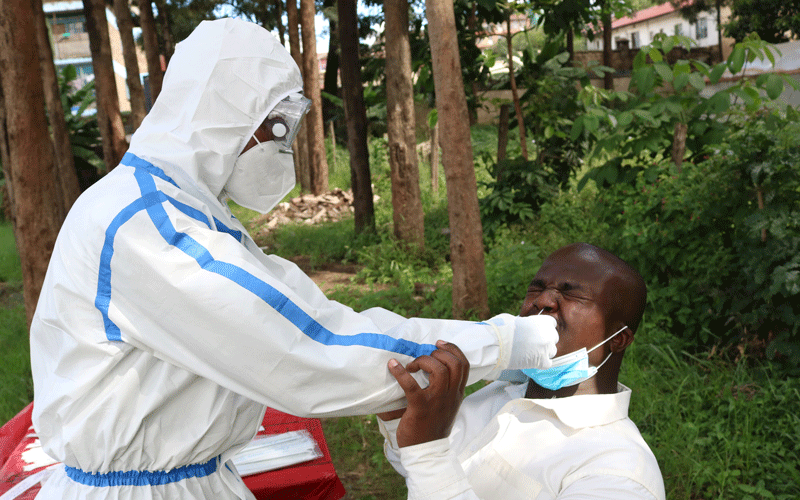
We are still waiting for findings from a study conducted by ahysician in Kansas City who was curious about whether “remote intercessory prayer might initiate God to heal those infected with the coronavirus.”
In his four-month study, Dhanunjaya enlisted 1,000 coronavirus patients in intensive care, dividing them into two equal groups.
One half would receive a universal prayer in Christianity, Hinduism, Islam, Judaism and Budhism.
Torn between belief in faith and in science, this physician aimed to determine which between divine intervention and science would save the patients.
Dhanunjaya’s might be a “weird” study, but it attempts to answer a question possibly on everyone’s mind now: to what extent can religion be relied upon to address health problems?
If I may flip the question a bit. Thirty-eight years ago, when I was in Class Four, I visited a witchdoctor with my elder brother.
We had been walking back home along a narrow village path from Sunday school.
Suddenly, an old man well known to us as the village witchdoctor appeared with his back to us.
He had a freshly broken twig over his left shoulder with something like a bird dangling from a rope fastened at the twig’s end.
We determined that this old man would be the solution to pressure we received about performance in school from our father.
To cut the long story short, we found ourselves inside his little hut asking for help.
“Do you have any money with you?”, he asked, in the eeriest voice I have heard.
As we shuffled our pockets for change, he announced that my brother and not myself would be number one at the end of that term.
Before we left, he made us swear an oath of secrecy. On closing day, my brother indeed emerged top of our class.
These two scenarios are proof that humanity is still puzzled by connection between cause and effect.
My experience with the witchdoctor got me mixed up about whose effort caused my brother to top the class.
Similarly, it will be difficult to tell from Dhanunjaya’s study which, between science and prayer, cures a person of Covid-19.
With so many problems around, and with as many solutions, sometimes it is difficult to tell which solution fixes what problem. But when Covid-19 struck, the entire globe turned to science.
The pandemic transcended continents, regions, countries and religion to the extent that many governments including Kenya’s abolished religious gatherings. Does this mean governments favour science over religion?
Nobel laureate Wole Soyinka argues that there are more organic human problems like joblessness, war, hunger, poverty and so on without religion adding to them.
He says people captured by religion are socially alienated and fixated outside actuality because they are unnecessarily inspired by visions of eternity.
Though he admits religion has made tremendous contributions in aesthetics, architecture, music, and human imagination, he insists a distinction must be made between religion and spirituality.
According to Soyinka, religion is easy to abuse, because it takes things for granted. He prefers benign, personal, interior and spiritual form of it.
I guess this private mild form of religion is what inspired governments that banned religious public gatherings.
But the response of Kenyan faithful to Covid-19 protocols and to public religious gatherings advisory has been amazing.
This, together with other adherences to public safety guidelines, is the reason we now celebrate a drop in infection and fatality rates.
As a result, government has partially opened places of worship in some kind of MoU between religion and science.
We may be separated by faiths, but united in science. — The writer is a senior lecturer, Department of Linguistics and Literature, Jaramogi Oginga Odinga University of Scienece and Technology
